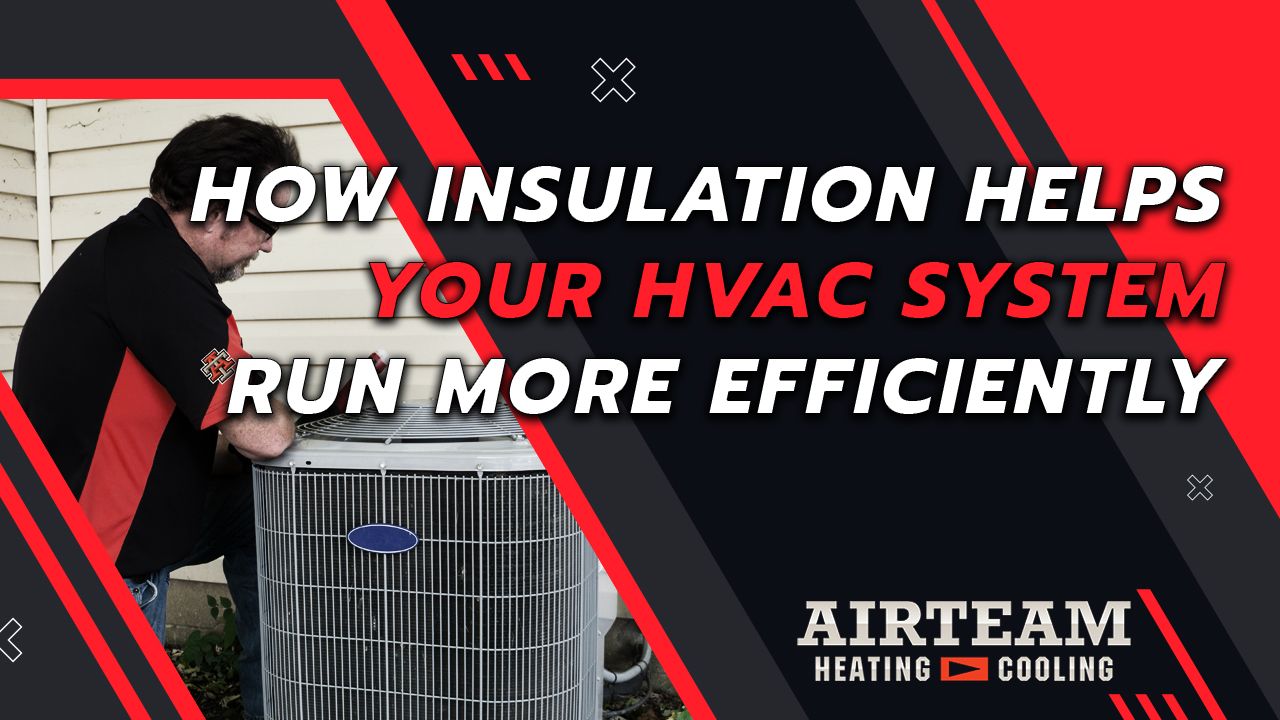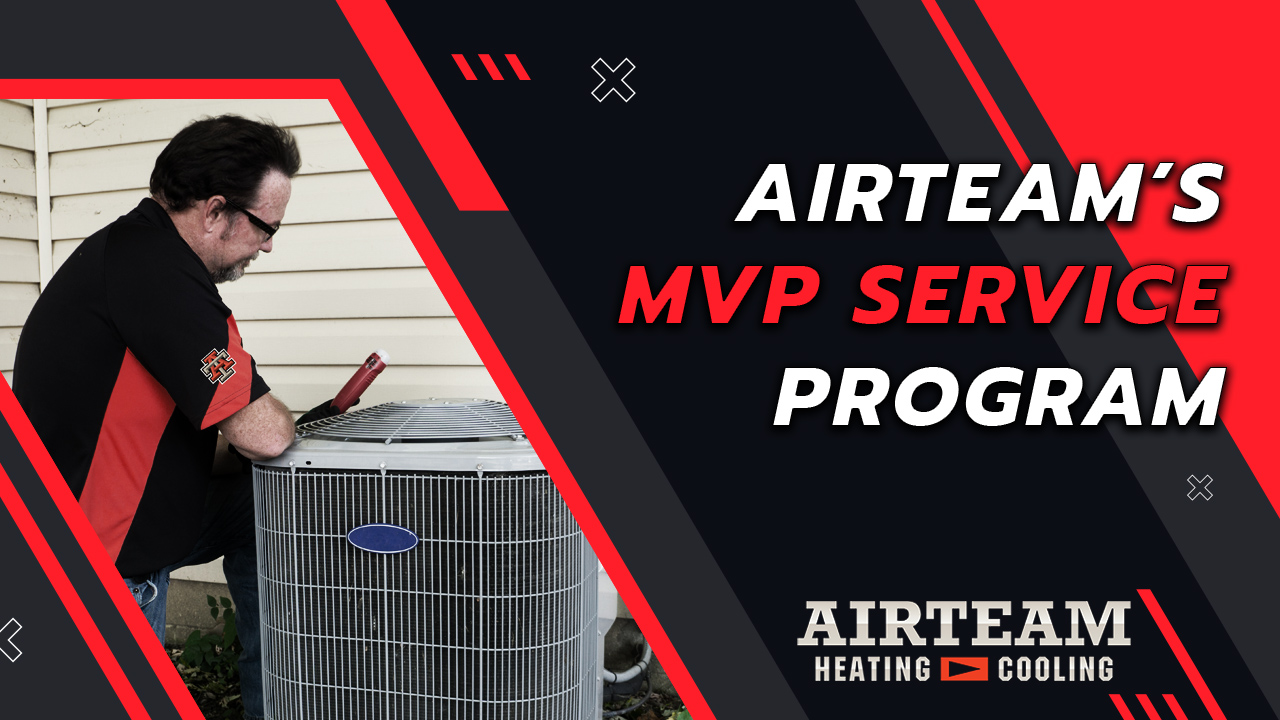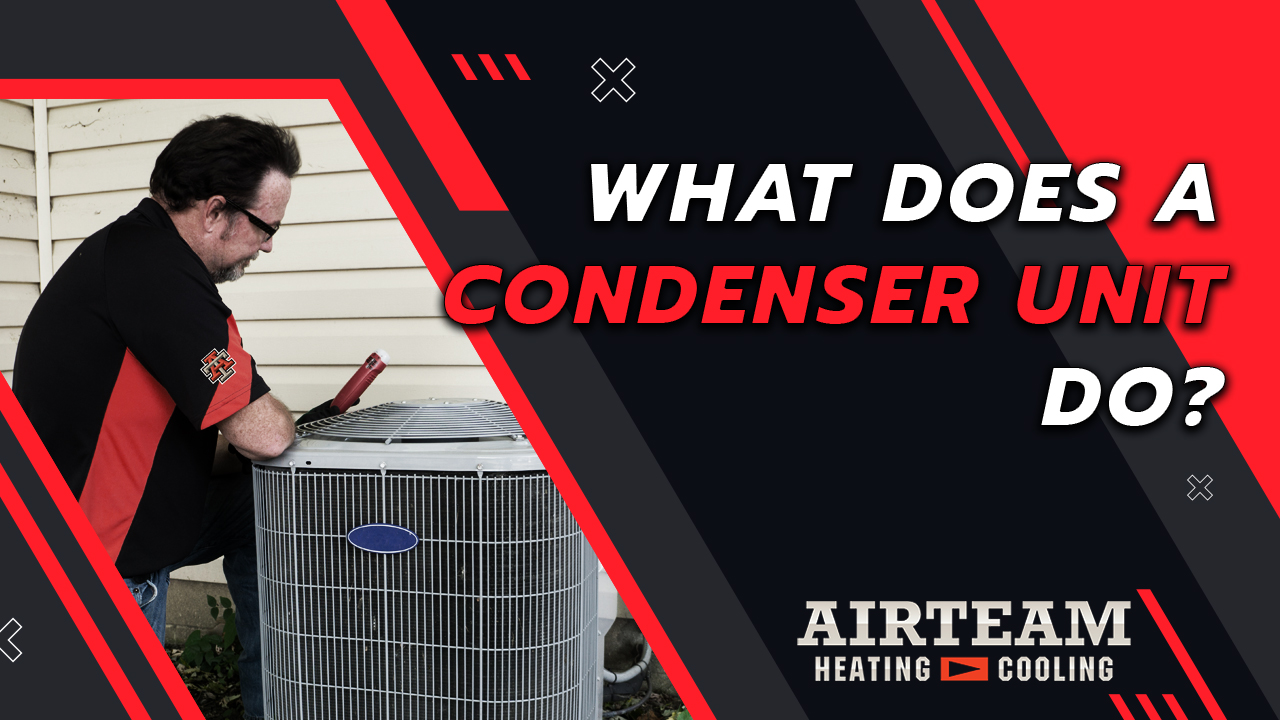If you’ve been following us for a bit, you’re probably already familiar with a fair bit of key terms in Houston HVAC. More specifically, you’ve probably heard us discuss single-stage, two-stage, and variable speed systems. However, if you’re new to us—WELCOME! That’s just our style of customer service, to be transparent with everything we do.
That includes when we talk to our customers about Houston HVAC equipment and issues. When you need straight answers on HVAC systems or repairs—come here first. So, with that being said—we’ve been getting messages regarding a topic we’ve covered many times.
And we don’t mind covering it again, because it’s a good question that can greatly affect your Houston HVAC system performance.
So, if you’re curious, like our recent customers, about which system is better—single-stage, two-stage, or variable—we’ll cut to the chase. A variable speed system is the absolute best Houston HVAC system you can buy. But we know our customers—you didn’t come here for just the answer. You came for the how, and why it’s better—and we’re not going to disappoint you. So, read on as we back it up with facts.
Which Houston HVAC System Is Right For You?
Although we made it clear that variable speed systems are the best—it doesn’t mean it’s necessarily right for you. Mainly, the issue comes down to budget. If your budget doesn’t make the initial cost of a variable speed system feasible—it’s not the best for you.
However, before we get too hung up on the dollars and cents—let’s focus on the question as if budget were no issue. That way, we can give you a complete breakdown as to why a variable speed system is the best money can buy. Let’s start with explaining the three types of HVAC systems.
What’s Wrong With Single Stage Systems?
Most Houston homes that were built with central AC employ a single-stage system. Why is this? Simple economics—developers typically install the least expensive components in new builds. Windows, doors, fixtures, plumbing, and HVAC systems are almost always the bare minimum. It has been done this way for decades and is the most often installed system in the Houston HVAC industry.
A single-stage system refers to how the compressor works. With single-stage, once the temperature rises above the temperature you’ve set—it kicks on. So, if you set your thermostat to 76° for example, the AC will run as long as it’s hotter than that, and it won’t turn off until the house is cool.
Quite honestly, initial affordability is the only benefit to a single-stage system. However, on that same note— it’s only affordable initially. Because, while a single-stage system is the lowest in terms of initial investment—it’s the costliest to own.
This is because a single-stage system works at full capacity 100% of the time. It’s like a light switch, either full-on or full-off. During the off-cycle period, which goes on all day long—larger temperature swings are produced. This full blast or no blast functionality is akin to laying on the gas after the light changes. It ends up costing more to own due to inefficiency.
Is A Two-Stage System Better?
Great question! A two-stage system is the monkey in the middle of HVAC systems. It’s more efficient than a single-stage, yet less efficient than a variable speed system.
A single-stage AC offers one level: high output. A two-stage AC offers two levels: high output and low output.
A two-stage system works at 60% capacity about 80% of the time. The condenser will only work at 100% capacity when the load requires it. A two-stage system has fewer frequent start-ups, which cuts energy costs and allows for a more even temperature throughout the house. With HVAC systems, the more efficient they are, the higher the initial investment is. When a customer needs efficiency but lacks the budget to get into a variable speed system—two-stage is the compromise. It doesn’t run the gamut of operating capacities like a variable speed, but it does vary output a bit. You will also find there are more manufacturer and energy rebates available for two-stage systems than single-stage systems.
Now, let’s get to what you really came for—why we recommend variable speed systems so heavily.
Why Buy A Variable Speed Houston HVAC System?
Variable speed systems are a different animal altogether. Single-stage is either full on or full off, two-stage only has two speeds. However, variable speed systems can operate continuously at lower speeds to maintain your desired temperature. They often will run all day long with much longer cycles but at much lower capacities.
A variable speed system works at 40% capacity, about 80% of the time, using only the energy needed to meet comfort needs. The system can adjust from 40% capacity to 100% capacity in 1% increments; you never use more air conditioning than needed. During hot Houston summers, most AC systems will run all day. This is where you’ll really see the benefits of the way the variable speed systems work.
We realize you’re probably wondering why you’d want an AC that cycles longer at a lower speed—right? It’s over 95° degrees most days during Houston summers, you want your home cooled quickly. However, pump the brakes—there’s more to cooling your home than blasts of cold air.
The Humidity Factor
Firstly, dehumidifying your home is a huge part of cooling. A variable speed system’s long cycles dehumidify more efficiently. The biggest complaint about single-stage systems is increased humidity in the home. Higher humidity—for anyone new to Houston—makes you feel hotter than it is.
Since a single stage is not running continuously, it can’t reduce the humidity efficiently. Conversely, the variable speed systems are constantly reducing relative humidity. This makes your home feel cooler thus requiring lower output. Most people fix this by dropping the thermostat to extreme lows—making their electric usage skyrocket. This problem with single-stage systems only serves to highlight the other benefit of variable speed systems—operating cost.
Any Houston HVAC system uses the most electricity when it powers on, not while it’s running. This kind of goes back to the foot on the gas pedal analogy. A single-stage system turns on to blast the amount of cold air needed before turning off. Due to this method—it turns on and off quite a bit during hot summer days. This is referred to as “short cycling.” Not only does it cause your bill to soar, but your single-stage unit will also wear out faster.
A variable speed system is the ultimate in efficiency, comfort, clean air filtration, and humidity control. A variable speed system operates like a car in cruise control, maintaining the indoor
Should You Upgrade Your Single Stage System?
If this were a different climate region such as Nebraska, or even Dallas—that would be a case by case basis. However, given the abundantly humid client of Houston, a single-stage struggles to dehumidify well. Will it cool your home? Sure it will—but at quite a cost.
A variable speed can more efficiently keep the relative humidity down to a manageable level. This makes your home feel cooler without running the compressor at full blast dozens of times a day.
If you want to know whether you need to upgrade your system, contact us and schedule a free consultation. We’ll go over your options and the potential comfort boost and energy savings you’ll enjoy.




